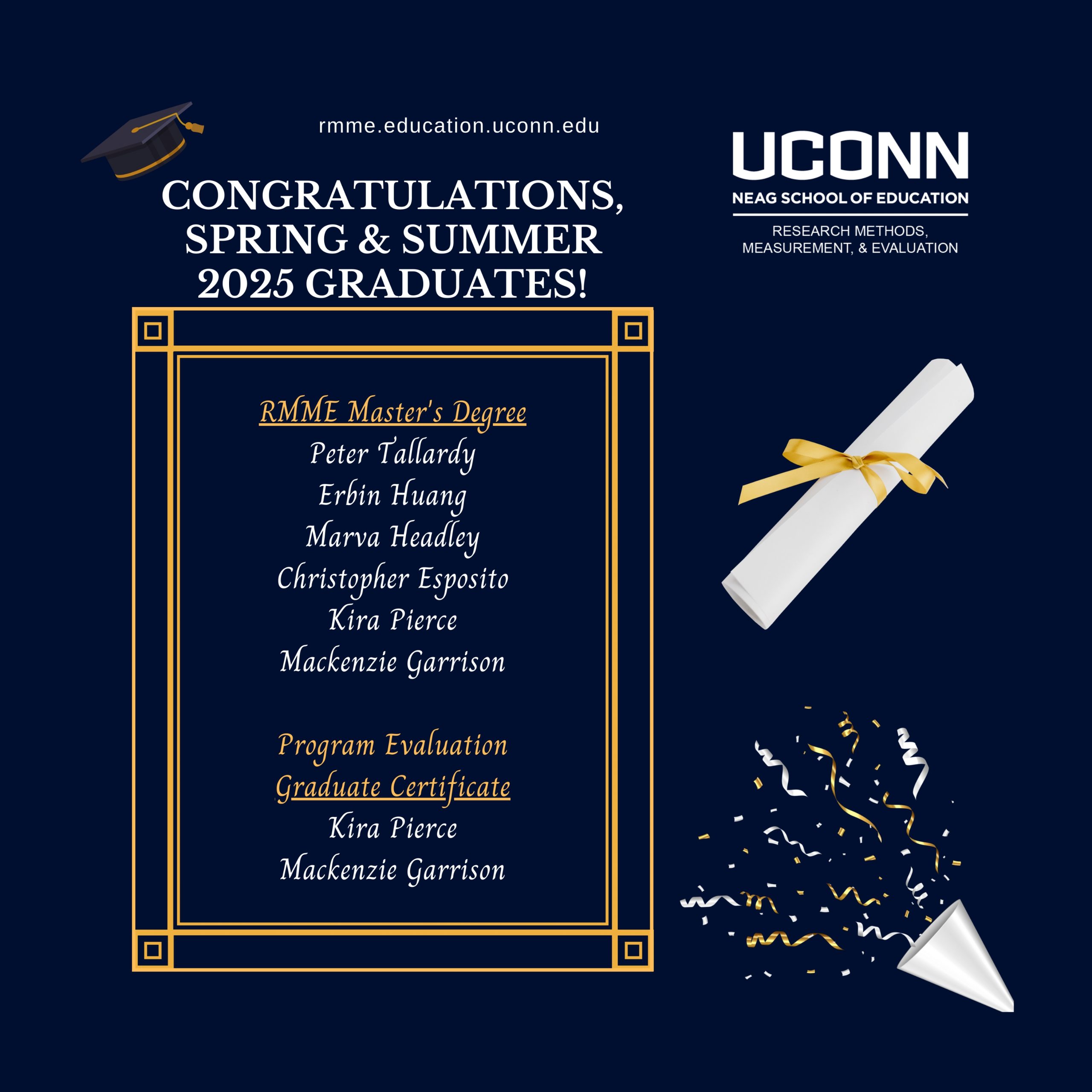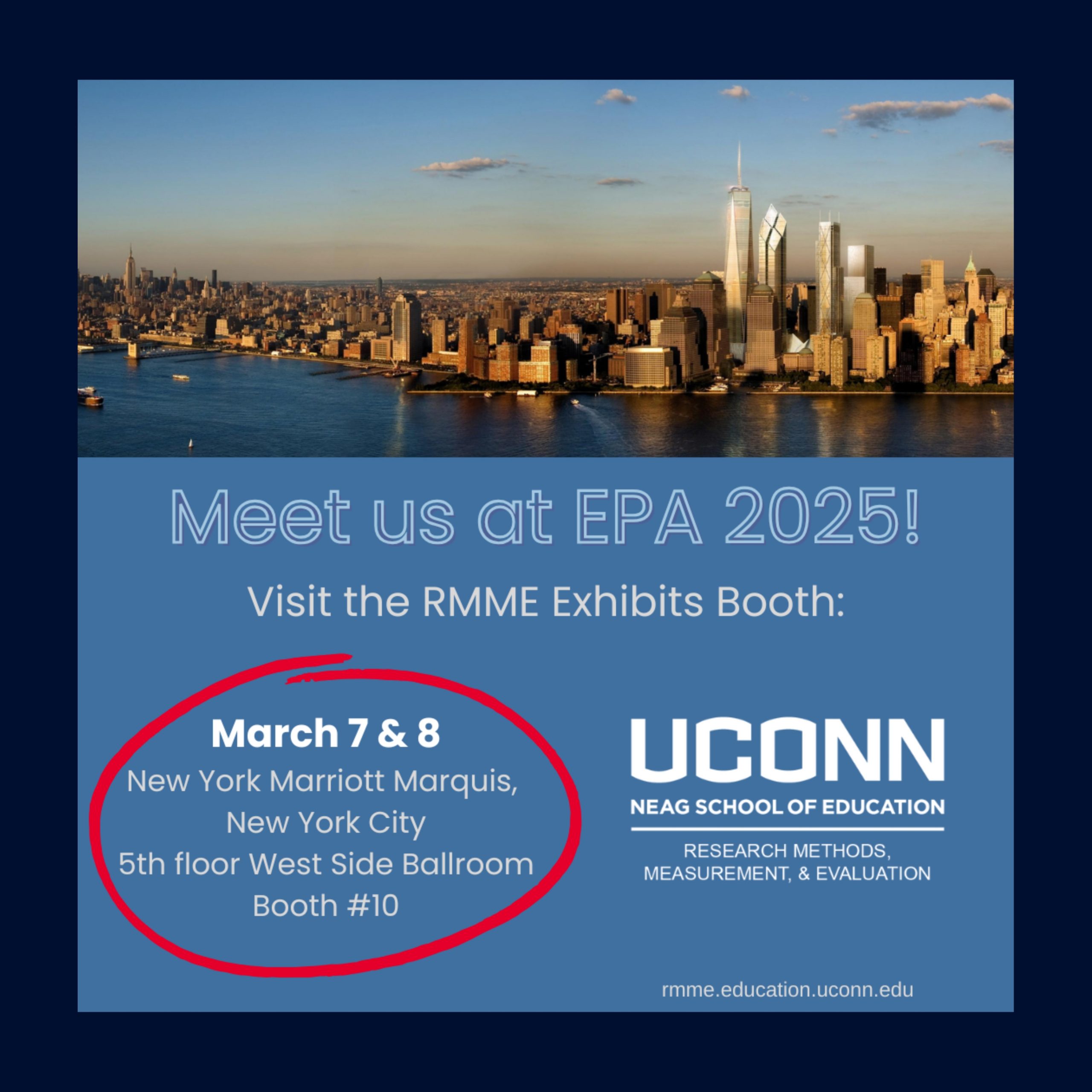Item Response Theory (IRT), Introduction to Bayesian Statistics, Bayesian IRT, & Machine Learning in STATA
Dr. Chuck Huber
StataCorp
Friday, October 24, from 10am - 3pm ET
https://tinyurl.com/rmme-Huber
On Friday, October 24th, Dr. Chuck Huber will give a series of talks focused on statistical analyses using the popular statistical software package, STATA. The day will include a series of 60-minute talks, one on each of the following topics:
Item Response Theory: In this talk, I introduce the concepts and jargon of item response theory including latent traits such as ability, item characteristic curves, difficulty, discrimination, guessing, and differential item functioning. I also demonstrate how to use Stata's -irt- commands to fit 1PL, 2PL, and 3PL models for binary items as well as partial credit, generalized partial credit, rating scale, and graded response models for ordinal outcomes.
Introduction to Bayesian Statistics Using Stata: Bayesian analysis has become a popular tool for many statistical applications. Yet many data analysts have little training in the theory of Bayesian analysis and software used to fit Bayesian models. This talk will provide an intuitive introduction to the concepts of Bayesian analysis and demonstrate how to fit Bayesian models using Stata. No prior knowledge of Bayesian analysis is necessary, and specific topics will include the relationship between likelihood functions, prior, and posterior distributions, Markov Chain Monte Carlo (MCMC) using the Metropolis-Hastings algorithm, and use of Stata's Bayes prefix to fit Bayesian models.
Bayesian Item Response Theory: In this talk, I briefly review item response theory (IRT) and introduce the concepts and jargon of Bayesian statistics. Then, I demonstrate how to use Stata's -bayesmh- command to fit 3PL, 4PL, and 5PL IRT models which cannot be fit using maximum likelihood. I finish by showing how to compare the fit of the Bayesian IRT models.
Introduction to Machine Learning and AI Using Stata:This talk will briefly review the history of machine learning (ML) and artificial intelligence (AI), introduce relevant concepts and language, and demonstrate how to use these tools in Stata. Specific examples may include Lasso and elasticnet methods, Bayesian methods and MCMC, support vector machines (SVM) using Python integration, random forests and gradient boosting machines using H2O, and the user-written commands "chatgpt", "claude", "gemini", and "grok".
